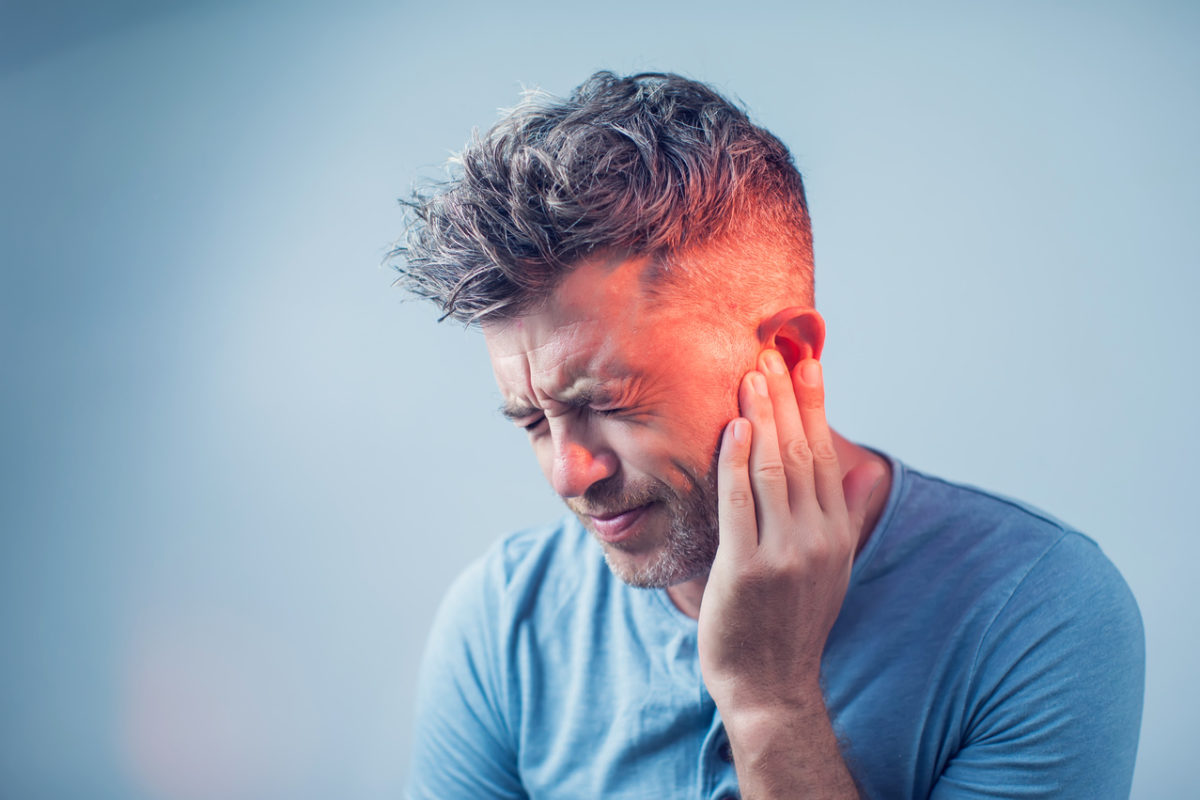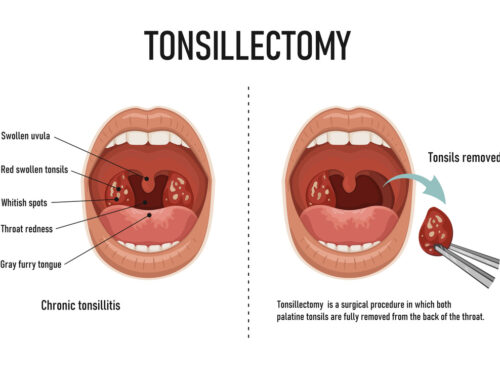A chronic ear infection is one that does not go away or keeps coming back. There are many causes of chronic ear infections and most will require attention from a doctor.
What are chronic ear infections?
Recurrent ear infections are described as “chronic”. Ear infections are described as “acute” when they come on quickly and whilst they may be short in duration, the symptoms can be severe. Ear infections can be both chronic and acute.
Infections of the inner, middle and outer ear
Infections of the inner ear are called Labyrinthitis. Such infections are irritation or inflammation of the parts of the ear responsible for hearing and balance.
The medical term for recurrent infections of the middle ear is otitis media. Such infections cause inflammation in ear tissue, and the eardrum and the tissues behind it.
Otitis externa is an infection and inflammation of the outer ear. It is often known as “swimmer’s ear” because repeated exposure to contaminated water can allow the growth of bacteria and infection in the outer ear.
How common are chronic ear infections?
Ear infections are very common, more so in children than adults. Children and young people account for the majority of hospital admissions for ear infections in the UK.
Chronic ear infections are also the most common reason for prescribing antibiotics in children. Chronic ear infections in adults can be a sign of a more serious health condition, including meningitis, stroke, heart disease and head injury.
Most chronic ear infections affect the middle ear. Outer ear infections are quite common in adults though and will affect one in ten people over the age of 18.
Causes of chronic ear infections
Inner ear infections are most often caused by a virus. Less rarely, they can be caused by bacteria.
Causes of otitis media, middle ear infections, include allergies, sinusitis, injuries to the ear and bacterial infections resulting from colds or flu.
Outer ear infections are caused by bacteria, often from prolonged contact with water in which the bacteria is thriving. This can result from swimming but also from showering or bathing.
Sometimes, outer ear infections are caused by a fungus, such as yeast. Also, rare outer ear infections can be caused by the flu or a certain type of shingles (Zoster oticus) as well as eczema.
Potential effects of chronic ear infections
Chronic infection of the inner ear may cause dizziness, nausea, vomiting, problems with balance or walking, hearing loss, pain and tinnitus.
Chronic infection of the middle ear can result in hearing loss, balance problems, a ruptured eardrum and inflammation or paralysis of the face.
About one in five people with an outer ear infection will have to stay home from work or school as they can be very painful. Outer ear infections are usually quite mild, in that they will go away quickly.
However, a chronic infection of the outer ear can lead to damage to bone and cartilage and untreated infections can spread to the brain, the base of the skull or the cranial nerves which connect the brain to different parts of the head to perform various functions including hearing.
OTC and home treatment for chronic ear infections
Many people experience an alleviation of the symptoms of chronic ear infections by taking over-the-counter (OTC) medication. Paracetamol and ibuprofen are two painkillers commonly used to reduce fever and pain.
Aspirin is another everyday painkiller. It should not be given to children because of the increased risk of a condition called Reye’s Syndrome which causes swelling in the liver and brain.
Diphenhydramine, often sold under the brand name Benadryl, can be taken to reduce the symptoms of nausea, vomiting, dizziness, and vertigo.
If you are experiencing the symptoms of an ear infection, you may want to wait a day or two to see if OTC treatments alleviate symptoms before seeking medical assistance. However, if it is likely a chronic ear infection, you should not wait.
You may also experience some relief by trying some home remedies, including:
- A warm compress to ease pain.
- A saltwater gargle can help to clear the Eustachian tubes and soothe associated symptoms such as a sore throat.
- Standing up or keeping the head upright to help drain the ear.
There are other home remedies touted as being helpful for ear infections such as garlic oil or tea tree oil eardrops, apple cider vinegar, basil and olive oil. Scientific studies have not concluded that any of these are effective.
When to see a doctor if you believe you have a chronic ear infection
If you are experiencing a chronic ear infection (recurrent) or an acute (severe) ear infection, you should see a doctor.
This is especially the case if you are experiencing pain and/or another serious symptom such as vertigo, dizziness, a spinning sensation, a feeling of fullness in the ear or hearing loss and balance problems.
An audiologist or an ENT specialist will look into the ear with an instrument called an otoscope to check for any abnormalities. They may also gently puff air against the eardrum to check for fluid build-up in the middle ear.
If your doctor diagnoses a chronic ear infection, they may prescribe steroids to reduce inflammation, antibiotics to combat bacterial infection, and other medicines to alleviate symptoms of nausea.






